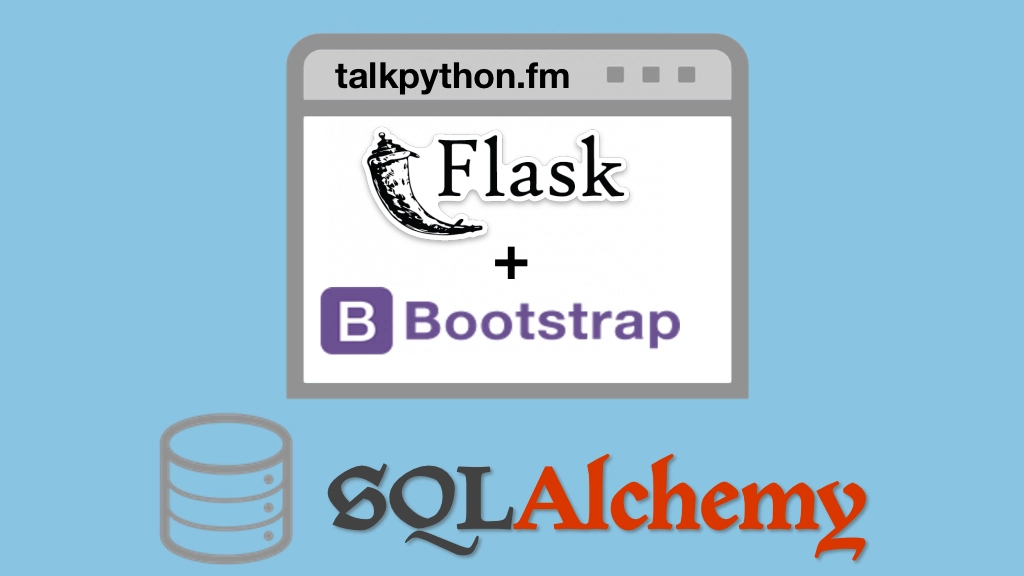Building Data-Driven Web Apps with Flask and SQLAlchemy Transcripts
Chapter: Testing web apps
Lecture: Special challenges of the web
Login or
purchase this course
to watch this video and the rest of the course contents.
0:00
And you'll see that there are some special challenges to testing web applications. They often have more dependencies
0:08
and other systems tangled up in their code than most. Here is the register_post method. This is the method that we roughly wrote
0:17
when we want to have a user come to the site and create an account. They're going to go to the form where there's a get version that shows in the form.
0:24
They're going to fill it out and they're going to hit post. This code is going to run. What if we want test this behavior? Or if we want to verify
0:32
that its user can register for our site if that account email address is not already taken and all the details are filled out.
0:39
Let's say if the email is not even filled in then we get the right error message and so on. We want to test this code.
0:46
What are some of the challenges here? Well, look carefully. Over here in RegisterViewModel remember it imports Flask inside and it goes flask.request.
0:57
So, implicitly it expects request to be there and to be setup and to have values and not be empty. Things like that. Wen we call vm.validate
1:06
we see it as actually going to request.form and we then get to pull out things like the full name and the email and so on.
1:12
We need that to be correctly populated. In this user service when we try to create the account it's probably going to the database
1:21
just like Validate also would when it wanted to verify that the account didn't already exist. This is going to go to the database
1:28
and maybe insert some data if that worked. It might also do some other kind of check as well here. Maybe it does other things
1:34
like maybe it registers the user at some other API like for example, adding the user to our mailing list or sending them an email.
1:43
We don't want that to happen. We don't want any of those things to happen. We want to test in isolation. We don't want to depend on the database.
1:50
We don't some random user to get an email every time we run this automated test. Things like that. We want to avoid those. Here, when we call login
1:59
this is probably working with the response object and calling set_cookie. Finally, at the end we're doing some kind of redirect with Flask.
2:06
What does that need set up to work? So, as you can see there's a relatively simple function has all sorts of tangled interconnections
2:15
with the web framework with the database and potentially other services like email and external APIs. How do we test this?
2:24
We'll see that Python and the test frameworks have everything that we need to make this work. But, it's going to take a little bit of special attention
2:31
and some cool techniques.
